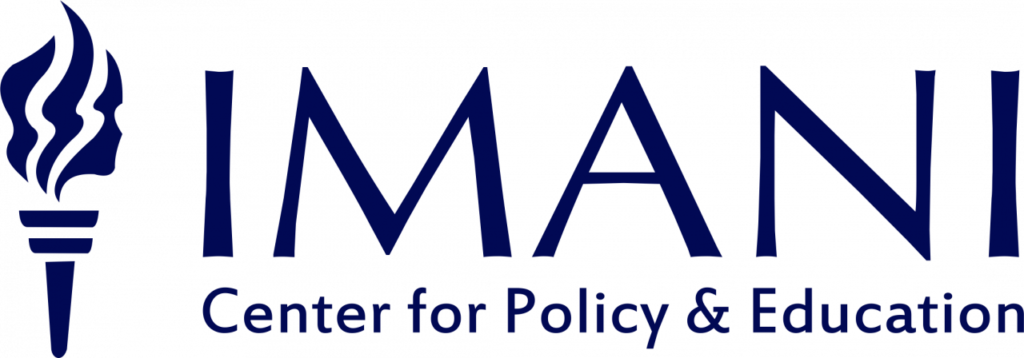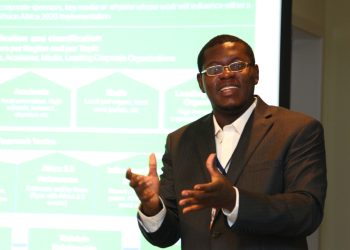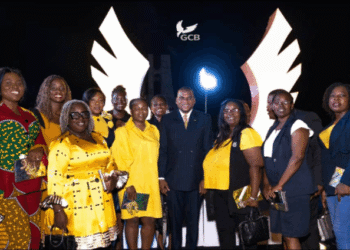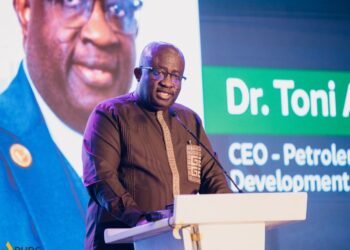Vice President of IMANI Africa, Bright Simons, has revisited what he describes as Ghana’s chronic misunderstanding of expertise in policymaking, following a heated national debate over the viability of using nanotechnology to clean rivers polluted by illegal mining.
His critique underscores the recurring clash between academic rank and substantive knowledge that continues to weaken policy discourse in the country.
Simons’ reflections were triggered by a televised argument between a climate physics professor and a food systems lecturer over the concept of “dechemicalisation,” a term introduced in discussions about new government measures against the environmental damage caused by galamsey.
The IMANI Vice President noted that instead of focusing on the scientific and policy substance of the debate, much of the conversation degenerated into disputes over terminology and academic hierarchy. According to him, such tendencies reveal a national struggle to grasp the nuance of expertise in shaping effective public policy.
“In the end, no one in the country was any better educated on whether or not the government’s plans to use “nanotechnology” to restore “galamsey” (illegal mining) – damaged rivers are viable or not”
Bright Simons, Vice President of IMANI Africa
In his analysis, Simons pointed out that Ghana’s latest government initiative – to employ copper-based nanoliquids as part of river restoration efforts – reflects how policies are often announced before being subjected to proper technical or institutional scrutiny. A move he called a typical example of Ghana’s “katanomic fashion” of decision-making.

Simons argued that while expertise is rightly celebrated in policy debates, Ghanaians often fail to appreciate its complexity, stressing that no Ghanaian academic can currently claim specialised expertise in applying copper-based nanoliquids to restore rivers damaged by mining.
“Scan all the academic faculty databases and point to one,” he challenged, adding that even globally, there may be fewer than twenty experts capable of addressing such a specific issue.
Nuance and Interdisciplinary Understanding
Simons emphasised that the fixation on academic rank during public disagreements – such as “professor versus lecturer” – misses the deeper point that policymaking demands interdisciplinary competence.
He observed that both sides of the recent dispute were only partially informed by their own academic backgrounds.
The climate physics professor, he explained, specialises in modelling African monsoons within broader climatic shifts, while the food systems lecturer focuses on toxicants in food. Yet, both engaged a policy question involving nanotechnology and environmental restoration.
“The more important point,” Simons wrote, “is to understand that multiple disciplines intersect when you decide to use nanoliquids to restore rivers in a country like Ghana.”
He further explained that genuine expertise in public policy does not rest solely on technical knowledge of nanotechnology but rather on the ability to integrate insights across disciplines – economics, environmental science, governance, and project management – to reach practical and contextually sound conclusions.

“A PhD in nanotechnology won’t automatically translate into strengths in all these areas. In fact, a PhD in nanotech could bias the reviewer against accepting the clear conclusion in the current literature on river remediation: chemical methods, including nanotech-based methods, are generally bad”
Bright Simons, Vice President of IMANI Africa
The IMANI Vice President went on to dissect the limitations of nanotech-based chemical methods in river remediation by highlighting that while copper is cheaper than noble metals like gold and silver, its reactive nature makes it environmentally risky.
He cautioned that the use of copper nanoliquids can lead to secondary pollution problems, destroy useful microorganisms, and potentially harm aquatic life. “Copper-based nanomaterials are known to kill all kinds of microflora. Good and bad. They can thus be harmful to useful microorganisms in the river ecology,” he noted.
The IMANI Vice President criticised Ghana’s Environmental Protection Agency (EPA) for its dual role as both evaluator and promoter of the nanotech solution, arguing that this undermines scientific objectivity. He also questioned the economic feasibility of the proposed intervention, noting that spraying and recovering nanoliquids across multiple rivers would require billions of dollars.
Simons added that such technology remains poor at removing heavy metals like arsenic, which is one of the most dangerous pollutants in Ghana’s rivers due to illegal mining.
Holistic Policy Thinking
Bright Simons underscored that effective policy design must prioritise institutional checks and risk management frameworks before implementation. He outlined that international best practices now favour reactive nets and controlled trawling methods rather than indiscriminate spraying of nanomaterials into waterways.

He further called for the establishment of an independent institutional review board to oversee any experimental use of nanotechnology in Ghana’s environmental management. Simons concluded by reiterating that what Ghana lacks is not necessarily technical know-how but a deep appreciation for the public policy process itself.
“What I have done above is to give you a taste of how the public policy analysis process works,” he explained, stressing that robust policymaking requires synthesising diverse expertise to achieve a holistic understanding of complex issues.
He maintained that until Ghanaians learn to value interdisciplinary policy expertise over academic rank or narrow specialization, the country risks remaining trapped in cycles of mediocrity. “Designing and analysing public policy require a mindset about expertise that most Ghanaians have yet to come to terms with,” he concluded.
READ ALSO: Nabil Alhassan Clarifies Gyakie’s Absence at Sarkodie’s Rapperholic Homecoming Concert



















